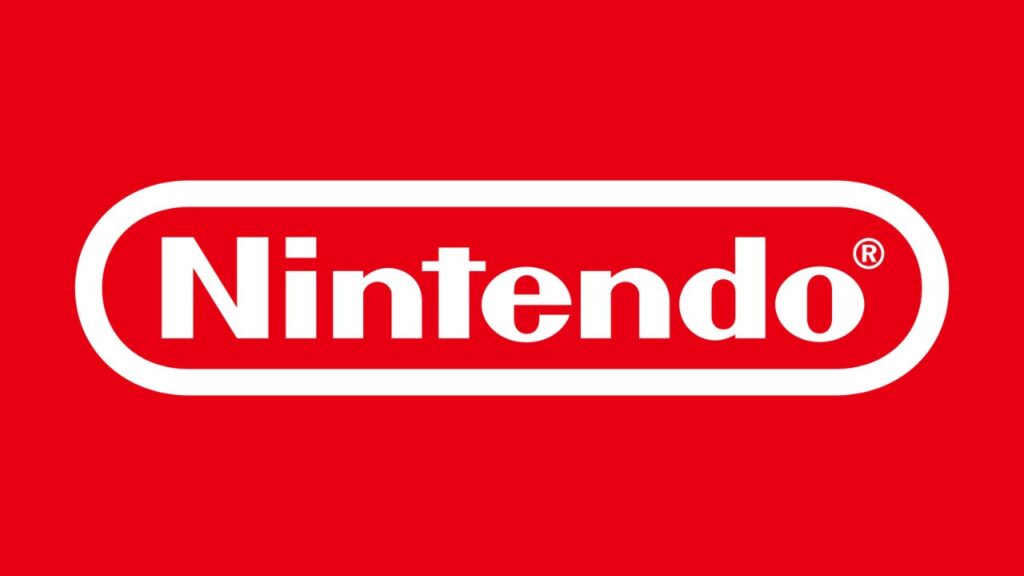In a significant move against video game piracy, Ryujinx, a popular open-source emulator for the Nintendo Switch, has officially shut down. This decision comes after legal pressure from Nintendo, as the Japanese video game giant intensifies its crackdown on emulation and piracy within the gaming industry.
The End of Ryujinx: A Sudden Announcement
Ryujinx was one of the most popular Nintendo Switch emulators, allowing players to enjoy over 3,200 titles from the platform on Windows, Linux, and macOS. However, the project came to an abrupt halt after Nintendo contacted the lead developer, gdkchan, on Monday, offering an agreement to cease all operations.
The shutdown was confirmed through a public statement shared by one of Ryujinx’s developers, riperiperi, on the emulator’s X (formerly Twitter) page. The announcement read:
“Yesterday, gdkchan was contacted by Nintendo and offered an agreement to stop working on the project, remove the organization and all related assets he’s in control of.”
The message continued, explaining that Ryujinx’s organization had been disbanded while awaiting the final decision. The statement expressed gratitude to the community that supported the project, highlighting how the emulator provided unique experiences and opportunities for gamers to explore beloved titles.
The Rise and Fall of Ryujinx
Launched in 2017, Ryujinx began as a solo project by gdkchan but quickly grew into a team of developers dedicated to making Nintendo Switch games playable on personal computers. Over the years, Ryujinx gained a large following and became known for its support of various high-profile Nintendo games.
While the emulator itself is not illegal, the ability to play copyrighted games through it raised concerns from Nintendo. Emulation software allows users to bypass official hardware to run games, potentially leading to game piracy, a violation of copyright laws.
Nintendo‘s Battle Against Emulation and Piracy
Nintendo’s aggressive stance against emulation is not new. The company has consistently taken legal action against piracy and emulation, which it views as direct threats to its intellectual property. Ryujinx’s shutdown follows a broader trend of Nintendo’s legal efforts to protect its titles, especially in the face of large-scale piracy.
In a recent, highly-publicized lawsuit against Tropic Haze, the creators of another popular emulator known as Yuzu, Nintendo secured a $2.4 million settlement. The legal battle was fueled by reports that The Legend of Zelda: Tears of the Kingdom had been pirated over 1 million times before its official release. As part of the settlement, Yuzu was also shut down permanently.
A spokesperson for the Entertainment Software Association (ESA), which advocates for copyright protection in the gaming industry, commented on the broader implications of game emulation and piracy. In a statement to USA TODAY, Aubrey Quinn of the ESA emphasized:
“Illegal circumvention of copyright protections or engaging in copyright piracy stifles innovation and hampers the development of the entertainment experiences that are enjoyed by millions of players here in the U.S. and around the world.”
The Legal Gray Area of Emulators
It’s important to note that emulators themselves are not illegal. In fact, the creation of emulators can be legal as long as no copyrighted material is involved. However, the use of emulators to download or play pirated copies of video games is a violation of copyright law, which is where many projects run into legal trouble with companies like Nintendo.
Nintendo’s strict approach to combating piracy often leads to the shutdown of emulators, especially when the company believes they are being used to distribute or facilitate the illegal downloading of games.
What This Means for the Future of Emulation
The Ryujinx shutdown highlights Nintendo’s determination to protect its software and intellectual property from being copied or distributed illegally. While fans of emulation may argue that it allows for game preservation, particularly for older or discontinued titles, companies like Nintendo are focused on preventing lost revenue from pirated games.
For developers and fans who were part of the Ryujinx community, the shutdown marks the end of a popular emulator. However, it also raises questions about the future of other emulation projects. Will more developers be forced to close down under legal pressure, or will new strategies for preserving and accessing games emerge in response?
Conclusion
The closure of Ryujinx is a reminder of the delicate balance between technological innovation and the protection of intellectual property. While emulation provides unique benefits to gaming enthusiasts, it is also a legal minefield. Nintendo’s continued vigilance in defending its titles against piracy shows that the company remains determined to safeguard its creations, even as fans and developers push the boundaries of gaming accessibility through projects like Ryujinx.
As the gaming industry evolves, this tension between creators and the community will likely remain a central issue, with legal action continuing to shape the future of emulation and game preservation.
Watch this:-

